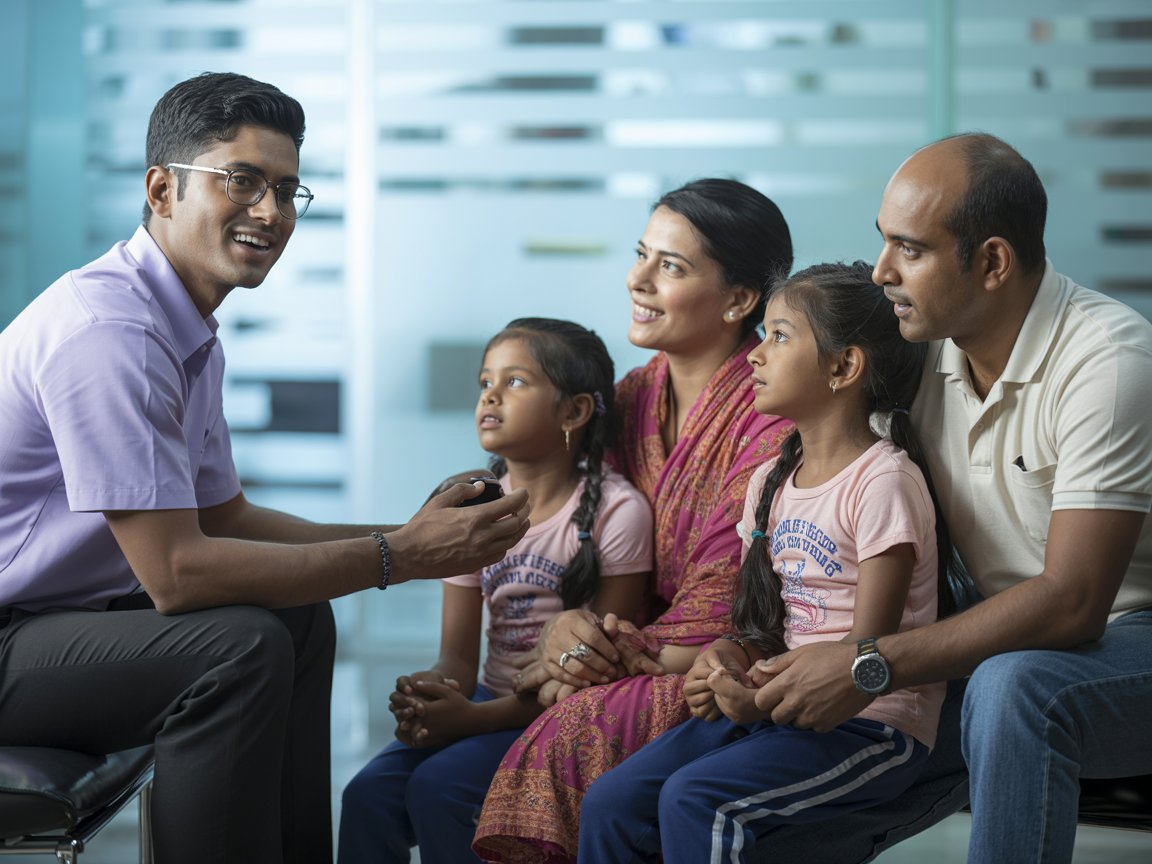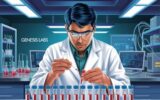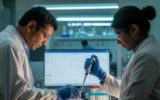There was a time, not too long ago, when I believed that every child born should be physically and mentally “perfect.” Parents should only have children who are free from any disability or disorder. I thought that if a disease could be predicted, it should be prevented, period. I have seen parents struggling financially to provide extra care to their children with special needs, especially in a country like India, where the public support system is not robust enough to accommodate the differently abled individuals completely. In my close circles, I know people who sold everything to treat their children with severe genetic disorders. But life has its way of humbling you. These children, in their innocence, have a way of redefining what matters.
Over time, through patients and their families, my mindset has shifted. I now believe that our society must adapt to the needs of children with special needs, not the other way around. If we can tolerate, even enable, those who spread harm in the world like terrorists, abusers, warmongers, then surely, there must be space in this world for children who are innocent, harmless, and full of love, even if they carry a diagnosis.
Today, in the clinic, I met a couple who reminded me of this truth. They have two daughters, both affected by the same genetic condition: Intellectual Developmental Disorder 39. Both with intellectual disability. Both were so talkative, cute, and so full of life; the kind that would melt your heart even in a busy genetics OPD. The younger one asked my name; instead of answering that, I asked her to suggest a new name for me. She suggested two instead of one, and when I asked for a modern one, she even gave me an English name.
The parents came to understand their recurrence risk; they had seen this twice, and naturally were thinking about the future. I explained the statistics, the science, and the option of prenatal diagnosis if they choose to have another child. I didn’t hold back the facts. I also counselled the parents about the need for testing the parents and the possibility of incomplete penetrance. But I also told them something that perhaps no report ever had: “Your daughters are proof that a diagnosis doesn’t define a life. They’re not broken. They’re talking, laughing, and connecting. There is a realistic possibility that their quality of life is going to be good. They can do household chores, and if trained properly, they can do some jobs in the future. “And I meant every word of it. Because I’ve come to learn, especially during my years of training in medical genetics, that a diagnosis isn’t the end of the road. Sometimes, it’s the beginning of a different, beautiful path. Of course, when a condition is severe, degenerative, or life-limiting, we have to offer prenatal diagnosis, and when appropriate, the legal option of medical termination of pregnancy. These are real decisions, and families deserve honesty. But not every genetic condition should be met with fear. Some just need understanding, adaptation, and love.
At the end of our conversation, the couple softly said something I didn’t expect: “Thank you, doctor. We feel hopeful now.”And that stayed with me.
Because most days, I’m that angry young doctor in a massively crowded OPD, doing my best to keep things moving. I often find myself choosing efficiency over emotional depth, sometimes skipping the extra few minutes it takes to soften my sentences or wrap my facts with empathy. Not out of indifference, but simply because time feels like a luxury. But today was different. The OPD was a little lighter, and I had those few extra minutes. And in those minutes, I saw how powerful gentle honesty can be. It reminded me that as I near the completion of my DM in Medical Genetics, I’m still being trained, not just in science, but in humanity. Because what we do isn’t just about identifying mutations. It’s about giving context, clarity, and compassion.
Hope doesn’t erase a diagnosis. But it softens it. And sometimes, it’s the one thing stronger than fear. That’s what I’ll carry with me from today. There is always hope after the report.
Join Our Google Group
Join our google group and never miss an update from Gene Commons.
Join Google Group





Inspiring!!
Thank you for this article.
Awesome dr.sarath, especially that last paragraph…
We resident doctors go through same things everywhere, trying to balance efficiency with empathy in overwhelmingly crowded opd…
Each and every word u said seemed relatable.
In a country with really low doctor to patient ratio, it’s so hard to keep that balance in a way that all patients attended by us feel satisfied both clinically and emotionally because there’s a huge burden of getting the opd moving at a fast pace so that all the patients are attended and a major burden of it lies on resident doctors ..
We have to ignore the abuse thrown at us many times and despite going through “bad days” we can’t bear to lose focus and continue to show super human abilities…
Still there are moments which make this type of life worth living and experiencing, some sweet and innocent patients who actually teach us what books never taught us ..
And such patients actually become our motivation to keep going despite the hardships…
Well said Sarath….❤️
This was such a well-written and insightful piece! Your perspective and style truly stand out. We would love to read more content like this. Please keep writing and sharing your thoughts!